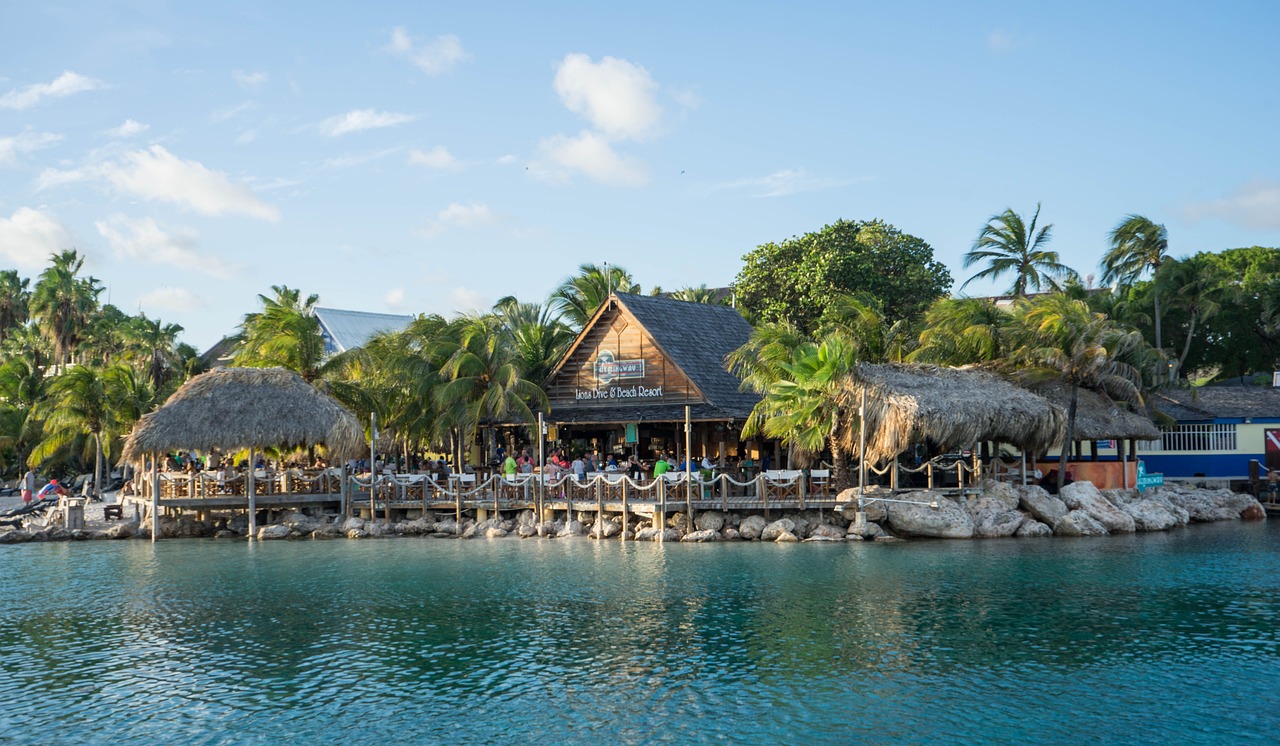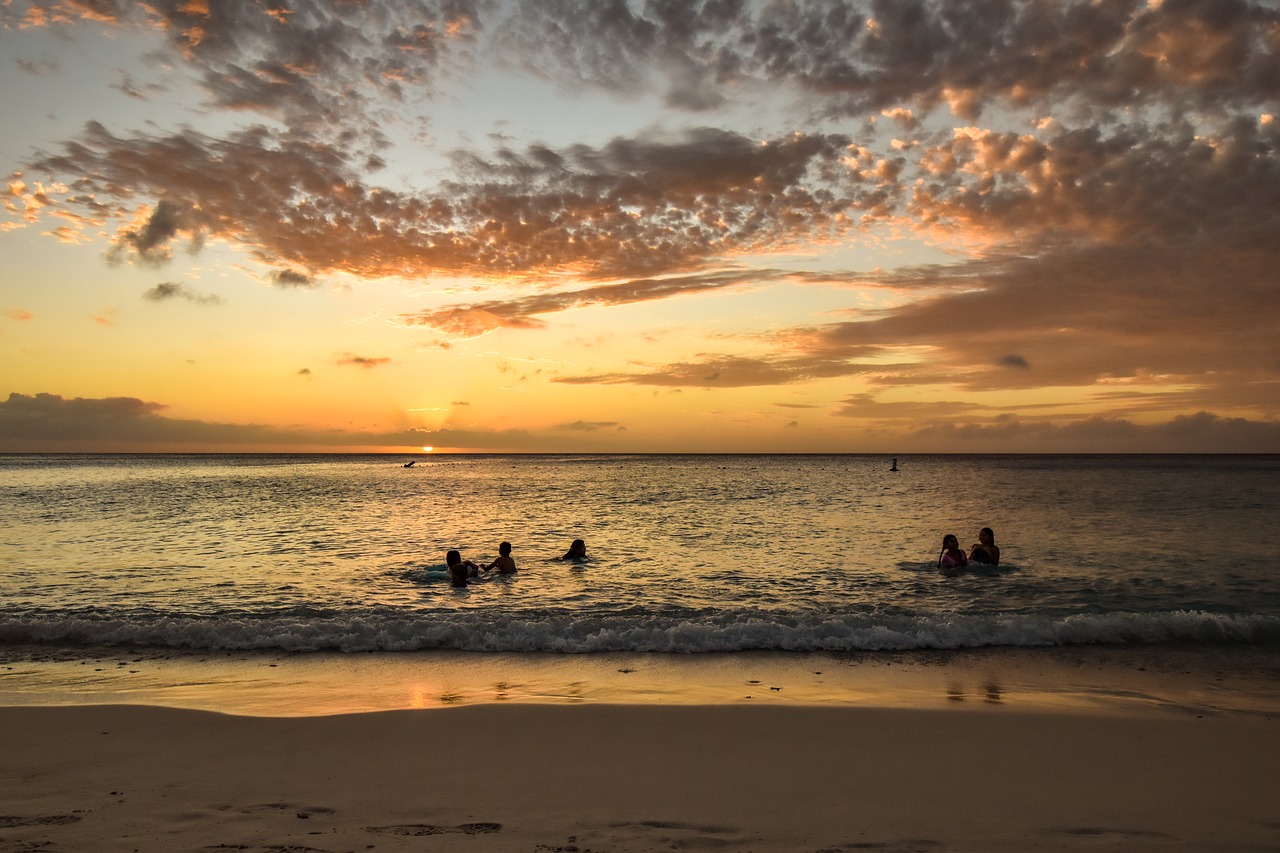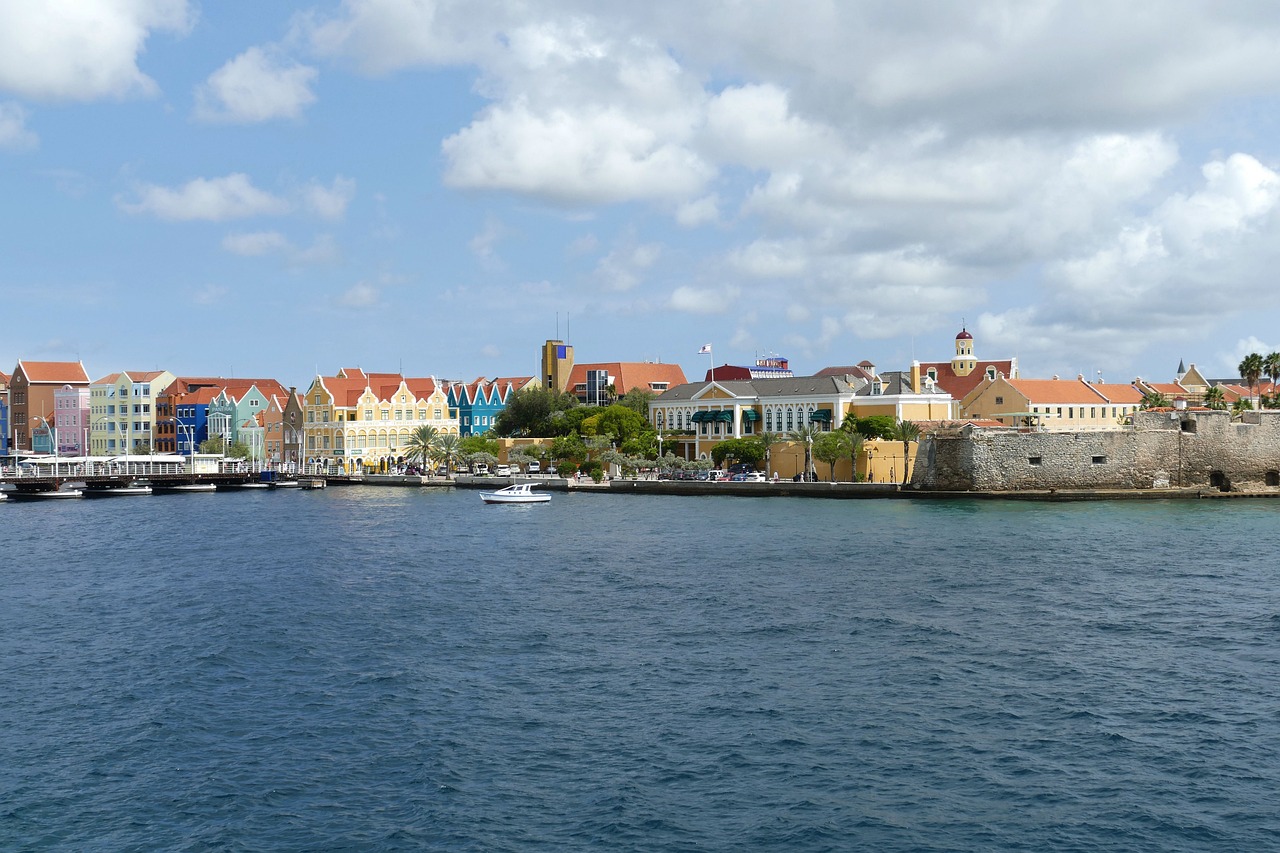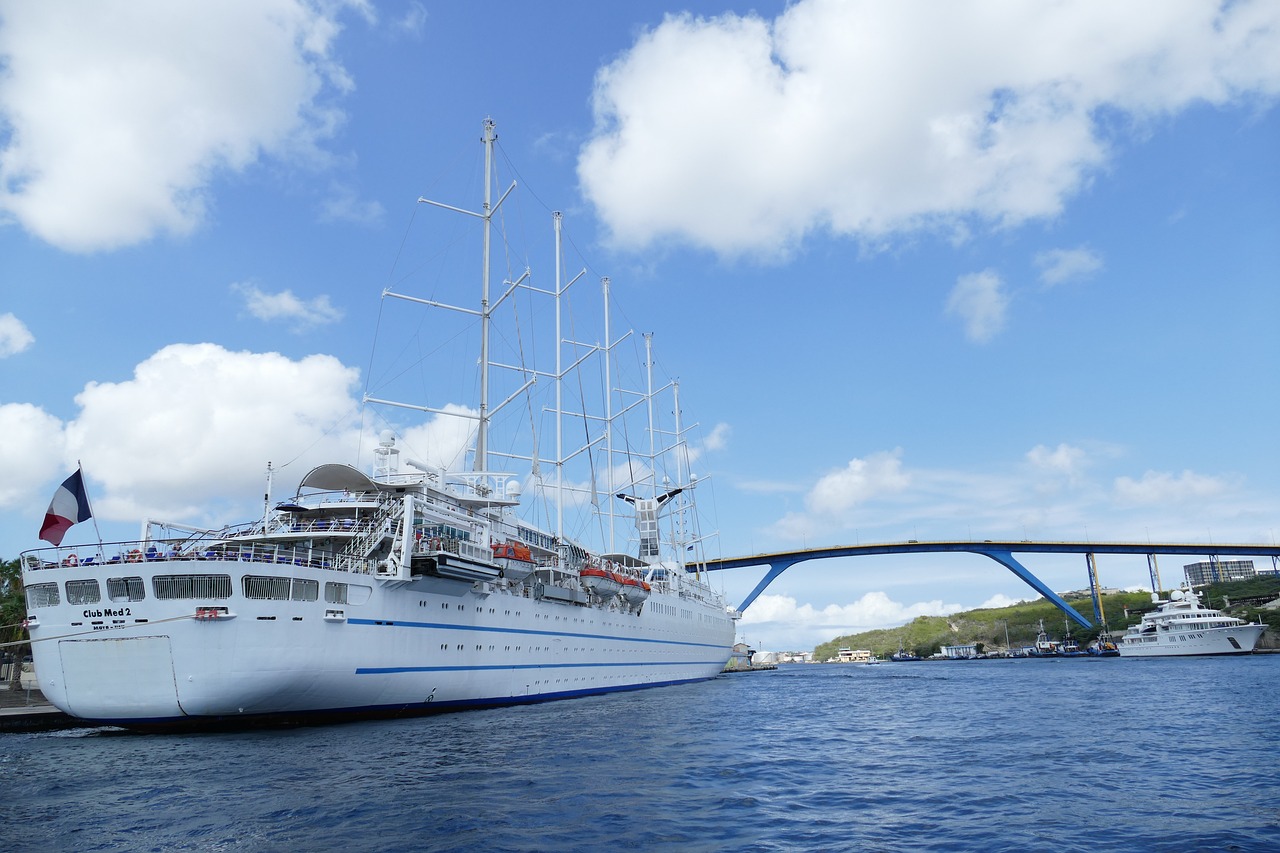Curacao Video
Language and Communication: Overcoming Barriers in Curacao
Curacao, a stunning island in the southern Caribbean Sea, is known for its vibrant culture, breathtaking beaches, and diverse population. With a rich history influenced by Dutch, Spanish, and African cultures, Curacao is a melting pot of languages. In this article, we will explore how language and communication play a crucial role in overcoming barriers in Curacao.
Language Diversity in Curacao
Curacao is a multilingual island with four official languages: Dutch, Papiamentu, English, and Spanish. Papiamentu, a Creole language derived from Portuguese, Spanish, Dutch, and African languages, is the most widely spoken language among the locals. Dutch is primarily used in official settings, while English and Spanish are commonly spoken due to the island’s tourism industry.
- Papiamentu: Papiamentu serves as the lingua franca of Curacao, spoken by nearly 80% of the population. It is a unique blend of African, Portuguese, and Spanish languages with some influences from English and Dutch. Papiamentu is a crucial aspect of Curacao’s cultural identity and plays a significant role in fostering communication among its diverse population.
- Dutch: As Curacao is an autonomous country within the Kingdom of the Netherlands, Dutch is an official language. It is primarily used in government institutions, education, and business settings. While not widely spoken among the local population, many Curacaoans have a basic understanding of Dutch.
- English: Due to the island’s strong ties with tourism, English is widely spoken, especially in the hospitality industry. Many locals are bilingual in Papiamentu and English, making it easier for tourists to communicate and navigate the island.
- Spanish: With its close proximity to South America, Spanish is also commonly spoken in Curacao. Many locals have learned Spanish through exposure to media and interactions with Spanish-speaking visitors.
Importance of Language in Curacao’s Tourism Industry
Curacao’s tourism industry heavily relies on effective communication between locals and visitors. Language plays a vital role in ensuring a positive experience for tourists and promoting cultural exchange. Here are some key points highlighting the importance of language in Curacao’s tourism industry:
- Enhanced Customer Service: Fluent multilingual staff in hotels, restaurants, and tourist attractions can provide better customer service, making visitors feel welcome and comfortable during their stay.
- Cultural Understanding: Language skills enable locals to communicate effectively with tourists, promoting cultural understanding and facilitating meaningful interactions.
- Increased Economic Opportunities: Language proficiency opens up job opportunities in the tourism sector, allowing locals to benefit from the industry’s growth.
Overcoming Language Barriers in Curacao
While language diversity enriches Curacao’s cultural landscape, it can sometimes pose challenges when it comes to effective communication. However, the island has implemented various strategies to overcome these barriers:
- Language Education: Curacao places a strong emphasis on language education, with Papiamentu being taught in schools alongside Dutch and English. This helps ensure that the younger generation is equipped with multilingual skills.
- Translation and Interpretation Services: To facilitate communication, translation and interpretation services are available in key tourist areas and government institutions. This ensures that visitors can access necessary information in their preferred language.
- Multilingual Signage: Public signage in Curacao is often multilingual, including Papiamentu, Dutch, English, and sometimes Spanish. This allows both locals and tourists to navigate the island easily.
Curacao Image 1:

Language Preservation and Cultural Identity
Language plays a significant role in preserving Curacao’s cultural identity. Papiamentu, as the local language, holds immense historical and cultural value. Efforts are being made to promote and preserve Papiamentu, ensuring its continued use and relevance in Curacao’s society.
- Cultural Celebrations: Papiamentu is celebrated through cultural events and festivals, where traditional music, dance, and poetry are showcased. These celebrations reinforce the importance of the language and its connection to Curacao’s heritage.
- Literature and Media: Papiamentu literature and media platforms contribute to its preservation. Local authors write books, poems, and songs in Papiamentu, providing a platform for the language to thrive.
Curacao Image 2:

Conclusion
Language and communication play a crucial role in overcoming barriers in Curacao. The island’s linguistic diversity, with Papiamentu as its cultural cornerstone, adds depth to its cultural fabric. Through language education, translation services, and multilingual signage, Curacao ensures effective communication for both locals and tourists. By preserving and celebrating Papiamentu, Curacao maintains its cultural identity while embracing the global community.
Curacao Image 3:

References
– Curacao Tourist Board: www.curacao.com
– Central Bureau of Statistics Curacao: www.cbs.cw
– Papiamentu Institute: www.papiamentu.org


